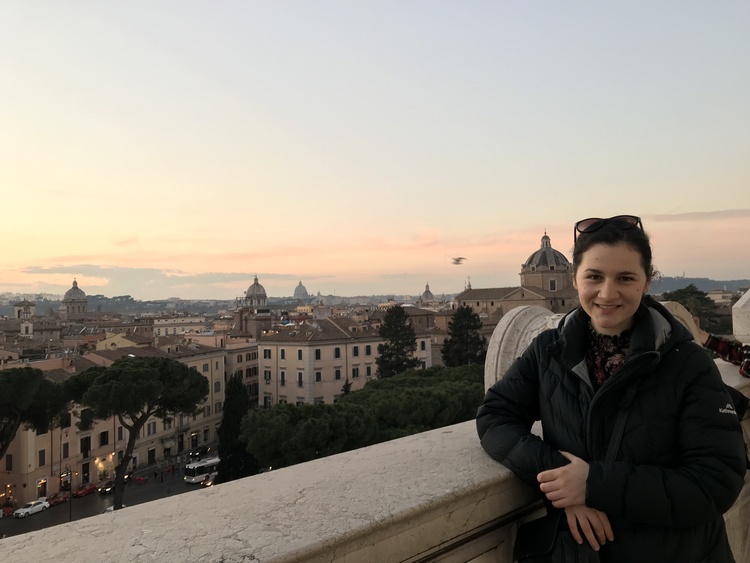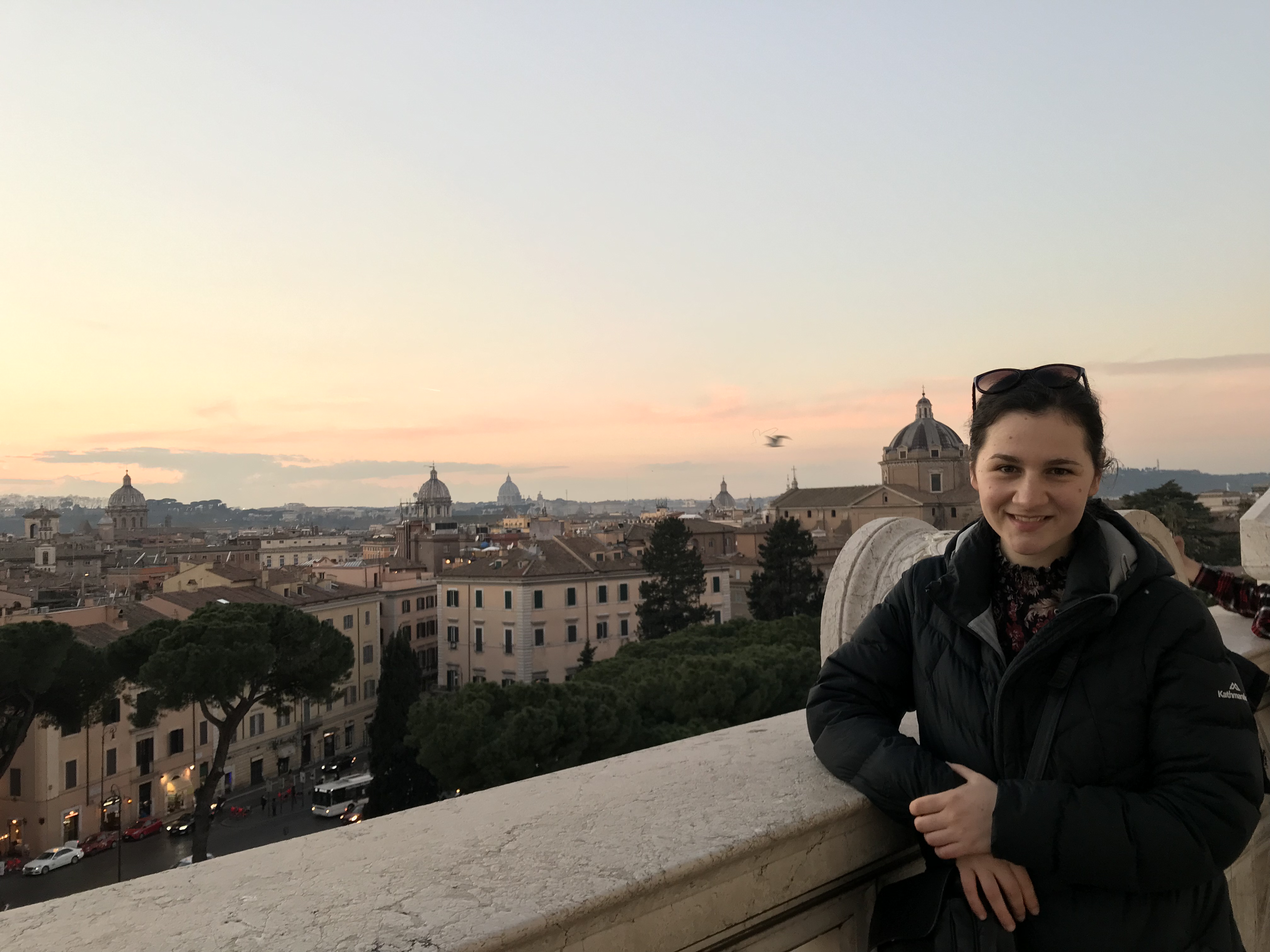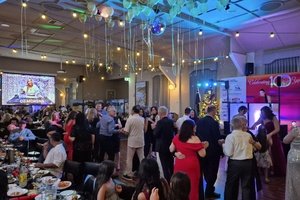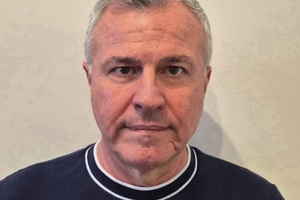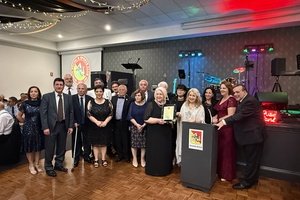I was lucky to recently spend a solid few months in Europe, an experience that has been one of the best of my life.
I spent Carnevale in Venice, saw the Northern Lights in Norway, went to a city I couldn’t pronounce (Ljubljana, which I now know to be “lyoo-blyah-nuh”) and climbed to new heights in the Highlands of Scotland.
Of course, I faced the common challenges of any standard “suitcaser”.
I was placed in hostel rooms with homeless old men, delayed for hours at airports and had my clothes and luggage infected with some nasty bed bugs.
But while none of those things came completely out of the blue, there was one travelling issue that caught me entirely off guard.
When I left Australia, coronavirus hadn’t yet been reported to the World Health Organization and when it was, it almost didn’t seem real.
As the outbreak was concentrated in Wuhan, I felt more distant to it in Europe than I would’ve if I were in Australia.
It all just seemed so far away and like it wouldn’t affect me; I felt safer travelling than I did carrying on at home.
But in the final week of February, things were drastically shaken up.
The day before the first cases were announced in Venice, I was dancing away at a Carnevale party near people jokingly dressed as coronavirus doctors.
It all just seemed so surreal.
I soon found all museums, major attractions and a number of other businesses closed.
Remaining Carnevale events that I had structured my trip around were cancelled and there wasn’t the same “buzz” around town that there had been before.
Seeing signs outside pharmacies advising hand sanitiser and soap were out of stock heightened my anxiety levels.
So too did the amount of people wearing masks in the street.
At the same time, however, I definitely copped the laughs of the locals as I covered my mouth in the more residential coffee bars.
At that point, Venice was not in lockdown like it currently is.
A lot of people were relaxed about COVID-19, comparing it to SARS and Swine flu, and not seeing it as something new to fear.
I left Italy when very few could’ve imagined what was to unfold over the following weeks.
Other European countries initially seemed less anxious about COVID-19.
I wasn’t subject to any medical tests whatsoever as I arrived in Slovenia, Ireland and the United Kingdom.
Tourist attractions didn’t seem majorly concerned about the virus and were carrying on as normal.
None of my initial plans were affected and I was able to meet locals at every restaurant and museum I had planned to see.
Despite the lack of concern amongst the locals, I remained extremely vigilant with my hygiene and would constantly take precautions with anything I did.
But as the days (and even hours) passed by, COVID-19 cases skyrocketed all throughout Europe.
Governments closed down attractions, limited movements and placed their own citizens into mandatory isolation.
My buses, trains and flights were being cancelled, hostels and hotels were shutting down and there was nowhere to go for the most basic of meals.
The logistical nightmares were hard enough, but so too were the comments and remarks made towards people like me.
As coronavirus became a bigger concern amongst the locals, it wasn’t long before I felt the stigma of being Italian and having travelled from Italy.
I was called some colourful language in the street and saw posters outside tourist attractions with vile Italian expressions.
Accommodation facilities questioned me when bookings came through with an Italian mobile number and overseas friends’ families didn’t approve of us catching up.
While I’d set out to explore and respect different cultures, I couldn’t help but feel like a parasite.
With almost every news alert or article I read on COVID-19 and its effects worldwide, the fears of contracting the virus and passing it on were strong in my mind and caused much anxiety.
As more information emerged about the virus, it became better known how easily and unpredictably it could spread.
I didn’t want to risk my own health and the health of others, so I tried to get out as quickly as I could.
In my case, returning home proved impossible at certain points.
As a connecting flight I’d booked was cancelled last minute, I was left almost homeless and stranded late at night at a shut down airport.
Buses connecting cities were also being cancelled and it was becoming harder and harder to get out.
My trip didn’t end in the picture-perfect way that I’d imagined.
Instead of relaxing on a party beach in my grandparents’ hometown of Naples, I spent my last night escaping a hostel room after someone joked about removing and selling off my organs.
But as I self-isolate back in Melbourne and reflect on my travels as a whole, I can confidently say all of the resilience and independence I was hoping to build has been achieved.
I strongly feel the challenges I faced when travelling throughout the COVID-19 pandemic made my trip even more character building to what it would’ve otherwise been.
Yes, I felt completely alone on the other side of the world, but I also saw just how resilient I can be and feel much stronger as a result.
Travelling might not be possible now, but I’m hopeful that when things pick up again, it will be even more worthwhile and appreciated.

